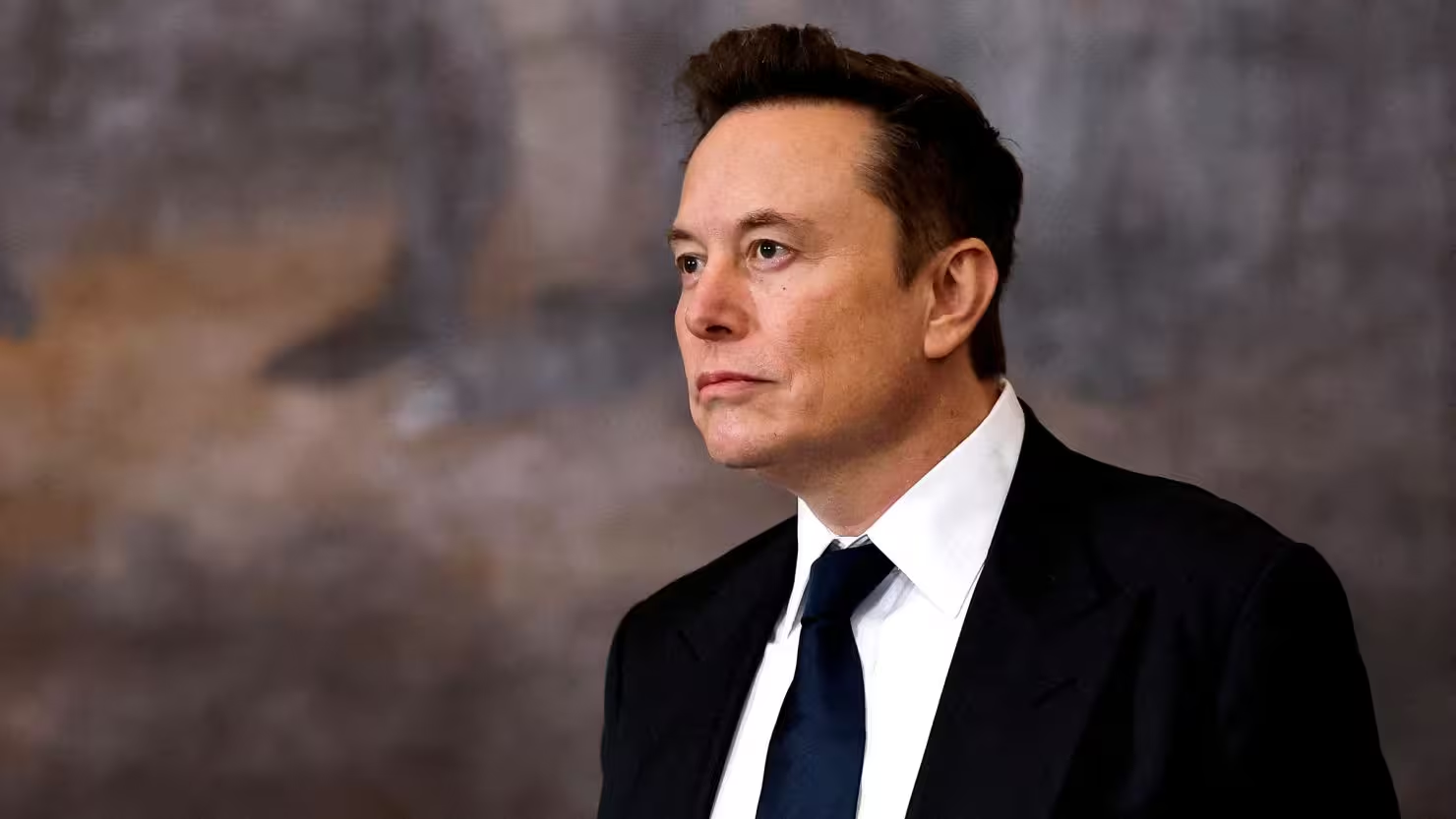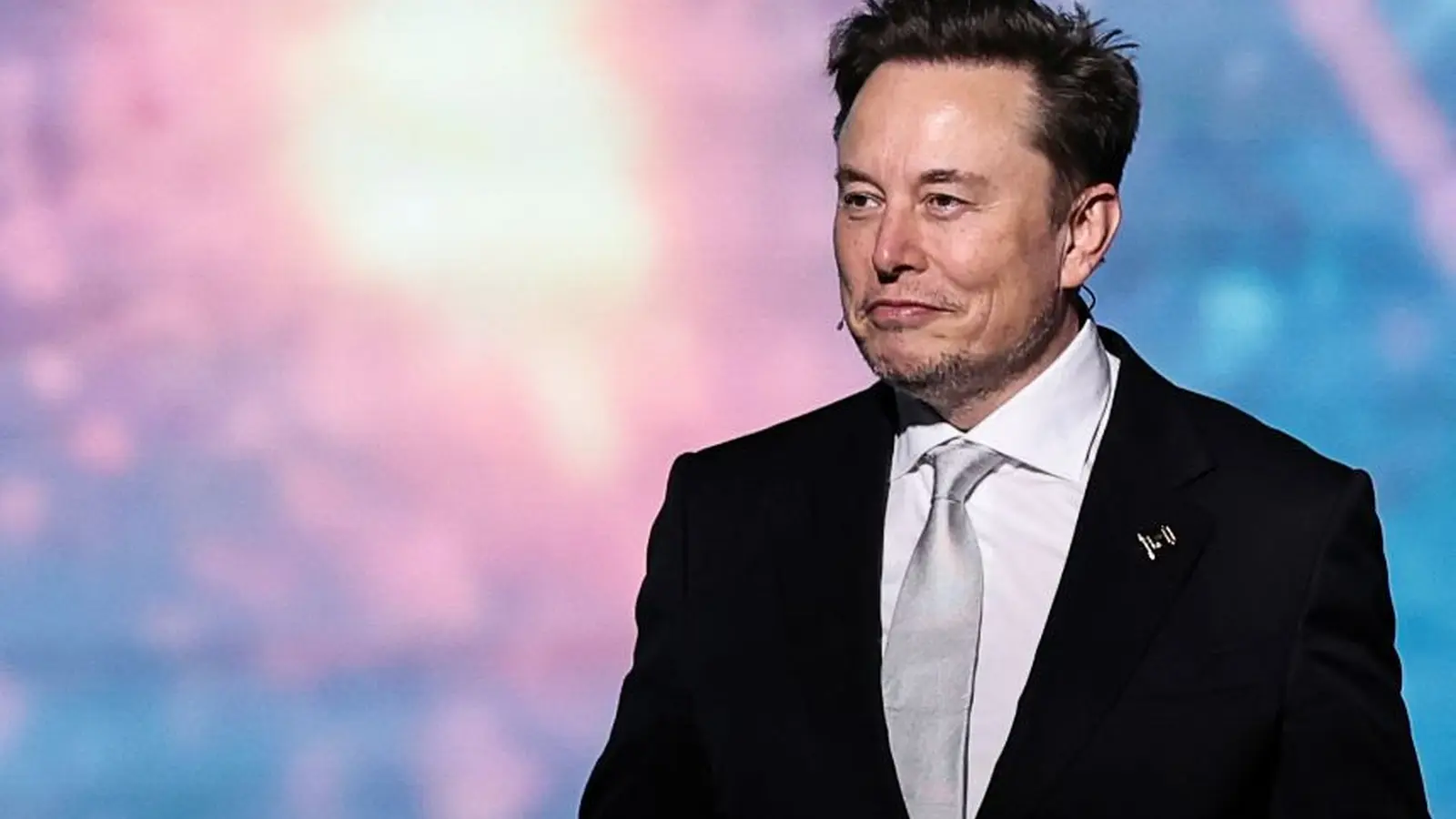5 Minutes
Elon Musk steps back from forming a new political party
Elon Musk has quietly put plans to launch an "America Party" on hold, according to a report by The Wall Street Journal. The tech billionaire — known for his high-profile influence across technology, business and cryptocurrency circles — appears to be prioritizing his companies and preserving relationships with key Republican figures rather than splitting the GOP vote.
Musk’s strategic pivot and potential support for JD Vance
Sources cited by the Journal say Musk has informed close associates that creating a new party could siphon off Republican voters and strain his ties with Vice President JD Vance. If Vance runs for president in 2028, Musk has reportedly considered offering financial backing. This move would align Musk with a potential top Republican contender after former President Donald Trump, and it signals a more cautious political posture that weighs business interests and broader market stability — including impacts on the crypto market and investor sentiment.
What this means for the 2026 midterms and GOP prospects
Musk’s decision to pause the party plan comes as a relief for many Republican leaders who feared targeted challenges to key GOP seats in the 2026 midterm elections. Reports suggested Musk might have used a new party to contest select races, potentially undermining Republican incumbents. Polling on prediction platforms like Polymarket currently shows users favoring a Republican Senate and a Democratic House outcome for the 2026 cycle — an environment where third-party disruption could materially shift results.
Political tensions and the bill that sparked the split
The idea for a new party first surfaced amid a public spat between Musk and President Trump after Congress passed a large spending package — informally dubbed the One Big Beautiful Bill Act — which Musk criticized for adding roughly $3.3 trillion to the national debt over the next decade. Musk has described his previous work with the Department of Government Efficiency as aimed at reducing unnecessary spending, and saw the bill as undoing those efforts. Trump publicly rebuked Musk for proposing a new party, calling the idea "off the rails," which escalated their feud.

Why crypto and blockchain communities are watching
Musk’s political moves have historically influenced both equity markets and the cryptocurrency ecosystem. From Tesla’s Bitcoin purchase and later policy reversals to high-impact tweets that move memecoins, his public posture can sway crypto investor sentiment. A stabilized political alignment with influential lawmakers like JD Vance could reduce short-term regulatory uncertainty for crypto, while a disruptive third-party effort might increase volatility across equities and digital assets.
Market signals and investor reactions
Tesla shareholders reacted negatively when Musk floated the party idea earlier this year, with shares falling more than 20% after he polled his followers on X. Market participants in the crypto and blockchain sectors will continue to monitor Musk’s political engagement, campaign donations, and public comments for cues about regulatory direction, Web3 policy, DeFi oversight and the broader crypto market mood.
Outlook: Party revival still possible, but unlikely before 2026
While people close to Musk haven’t entirely ruled out a revived push to form a party as the 2026 midterms approach, current indicators point to a temporary de-escalation. Musk has scaled back political donations after contributing $250 million to support former President Trump’s 2024 bid, and his renewed focus on business operations could keep him more engaged with crypto innovation, electric vehicles, and AI developments than direct political organizing for the near term.
For crypto investors and blockchain stakeholders, the short-term takeaway is to watch for shifts in Musk’s public alignment and any notable financial commitments to presidential hopefuls like JD Vance. Those signals could influence regulatory priorities, market confidence and capital flows across both traditional and crypto markets over the coming election cycles.
Source: cointelegraph


Leave a Comment